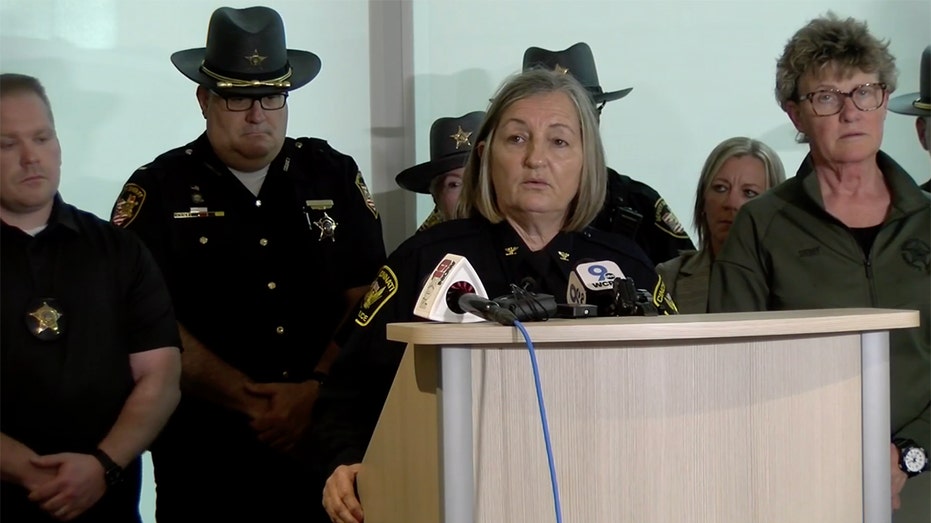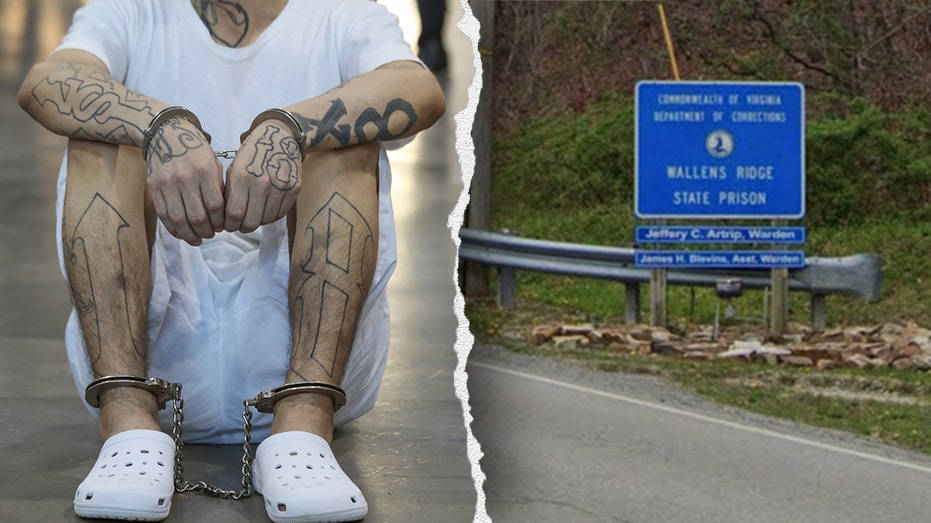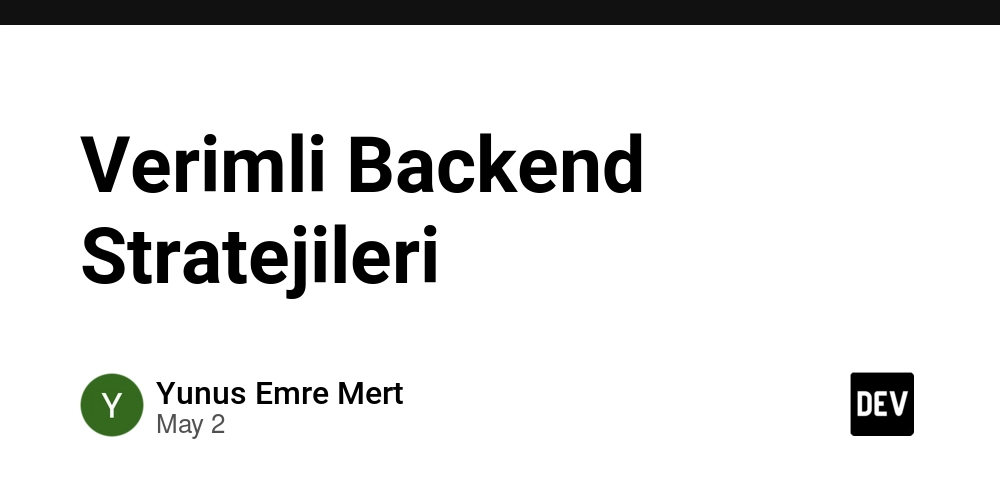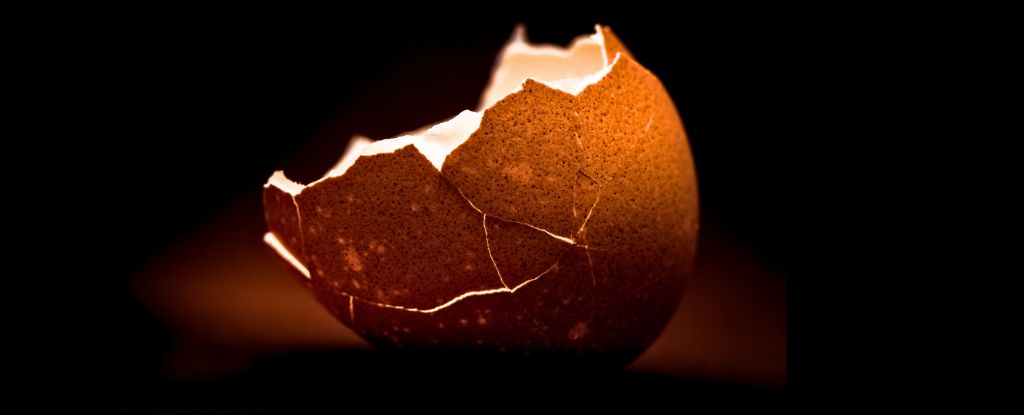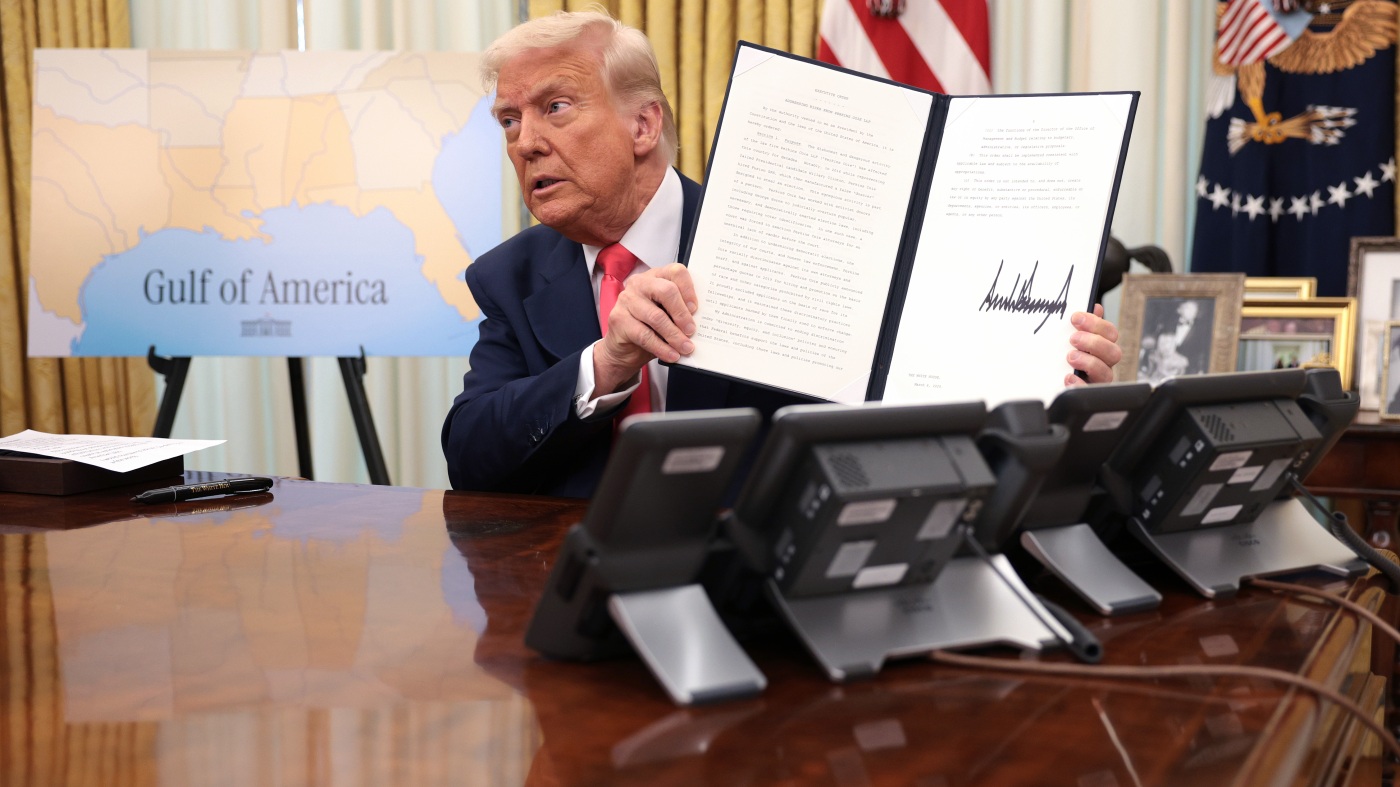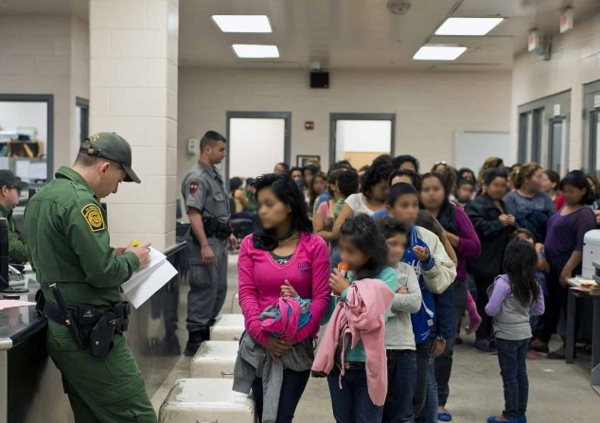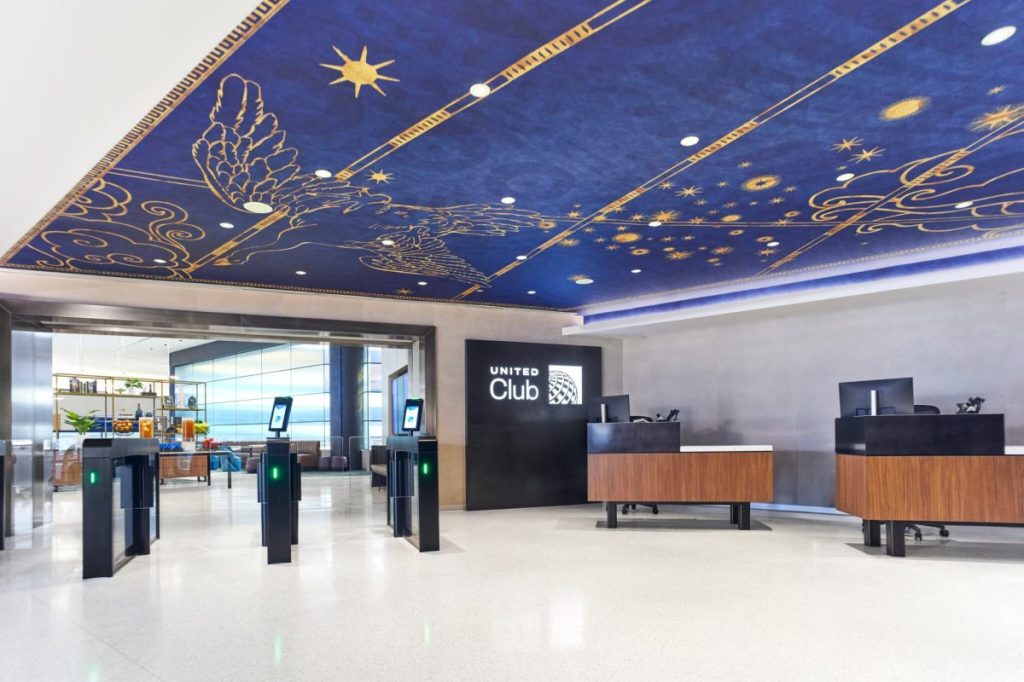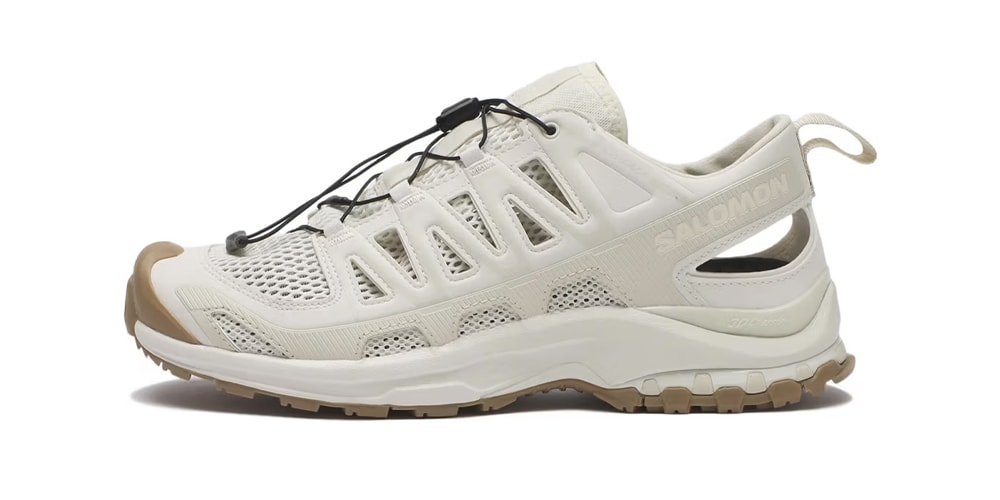The words and phrases defining Trump’s first 100 ‘daze’
The first retired word should be “deal” — the “king” of Trump’s vocabulary, used ad nauseam.

In his inaugural address, President Trump boldly declared the beginning of America’s “Golden Age.” Instead, with news and headlines that screamed “lowest 100-day approval in 80 years,” Trump’s Golden Age appears to be founded on “fool’s gold.” Those minerals with gold color that “flake, powder or crumble” aptly describe plunging consumer confidence amid overwhelming economic cynicism.
While ABC and CNN polls found that 72 percent of adults believe Trump’s policies will cause a recession, and tariffs will hurt the economy, the Golden Age began in the Oval Office with new blinged-out decor.
Given widespread dismal polling and a shrinking economy, Trump’s first 100 “daze” could be described by repetitive words and phrases that should be retired like a sports star’s jersey when Trump exits the White House in January 2029. (If he does exit.)
The first retired word should be “deal” — the “king” of Trump’s vocabulary, used ad nauseam. For Trump, “deal” is not just a transactional word but also his brand identity. The president’s never-stop-fighting persona is inseparable from a “never-lose” dealmaker who always comes out on top.
Trump indiscriminately applies “deal” to any conflict needing resolution involving allies or enemies, concerning all possible matters, international and domestic. With such widespread overuse, “deal” often sounds harsh and out of place for situations that require more nuance and sensitivity, especially when conducting the diplomacy of war, peace and its aftermath.
For example, Trump often uses “deal” when negotiating or discussing the Ukraine-Russia war, resulting in the rare minerals deal that Ukraine finally and desperately signed this week.
Contrast that transaction with the 1948 Marshall Plan, by which the U.S. helped rebuild Europe after World War II. At the cost of $13.3 billion ($176.4 billion in today’s dollars), the Marshall Plan was never thought of or characterized as a “deal.”
Surely, “deal” rhetoric makes the president feel more powerful and in control of the narrative. However, a deeper philosophical reason was revealed in “The Art of the Deal,” Trump’s 1987 best-selling business advice-autobiography, ghostwritten by Tony Schwartz. Schwartz wrote, channeling Trump’s voice, “Deals are my art form. Other people paint beautifully on canvas or write wonderful poetry. I like making deals, preferably big deals. That’s how I get my kicks.”
Chinese President Xi Jinping might “get his kicks” by avoiding deals with Trump. Last month, the CEOs of Target, Home Depot and Walmart sternly warned Trump that his 145 percent China tariffs could soon result in empty shelves.
This week, Apollo Global Management, an influential asset management firm, forecast a timeline of Trump’s tariffs leading to a recession by the summer. The inevitability of those politically explosive empty shelves now begins at the shipping ports. Yet a New York Times report on retailers’ fears about Christmas toy shortages elicited a snarky presidential response.
Few situations infuriate Americans more than empty shelves in our land of plenty. Meanwhile, China is prepared for a long fight. On Tuesday, its Foreign Ministry released a dramatic “Never Kneel Down!” video touting China’s national resolve and global leadership. It mocked Trump as a deal-making bully and telegraphed Beijing’s unwillingness to bend. Since Trump does not know the word “retreat,” this trade war is becoming contentious.
Equally contentious was April 2, when Trump twisted a phrase traditionally associated with victory in war: “Liberation Day,” His tariff announcement immediately prompted domestic and international financial turmoil, with vast uncertainty about America’s economic leadership and the dollar’s future as a safe haven for global investors.
Ultimately, the consequences of “Liberation Day” could prove so detrimental that Trump might quietly erase the name from his official calendar.
Unfortunately for Trump, he can’t erase his love affair with the word “tariff.” On Inauguration Day, he confessed that “I always say tariffs are the most beautiful words to me in the dictionary.” He quickly clarified that “God,” “religion” and “love” are the first three words, “then it’s tariffs.” If Trump’s tariff dealmaking flounders, that 30-second clip will air as a Democratic midterm election ad with zero editing.
Another overused Trump phrase is “executive order.” He proudly signed 142 of them, with no indication of slowing down. Trump knows these orders are tailor-made for his aggressive governing style. He is enjoying the “12 stages” of executive orders: declare, sign, justify, push, promote, lash out, get sued, go to court, appeal, threaten judges, see you at the Supreme Court, repeat.
Shifting gears to national defense, the word “warfighters” is antithetical to what I believe America should strive for in the modern age: “peace through strength,” famously associated with President Ronald Reagan. But referring to our armed service members as “military personnel,” a more benign term, lacks Trump-era machismo.
Secretary of Defense Pete Hegseth’s gleeful overuse of “warfighters” connotes unbridled aggression with images of unhinged guerrilla warriors. Hegseth should be reminded that the Department of War was renamed the Department of Defense in 1949.
There were many more overused phrases and words during Trump’s first 100 days, such as the controversial “DOGE," along with “ripping us off,” “loser,” “failing,” “big, beautiful,” “fight,” “radical left lunatics” and the perennial fan favorite, “fake news.”
The previously overused “witch hunt” has disappeared from the president’s vocabulary, likely because of what Trump said on Monday: “I run the country and the world.”
Trump’s prideful quote dovetails with what his ghostwriter told Jane Mayer in a July 2016 New Yorker interview. About then-candidate Trump, Schwartz said, “After he’d spent decades as a tabloid titan, ‘the only thing left was running for president. If he could run for emperor of the world, he would.’” Then on Tuesday, Trump said, “I’d like to be pope.”
So, forward march to the next 100 days in America’s “Golden Age,” where Trump lives rent-free in our heads while a growing majority cringe at his words.
Myra Adams is an opinion writer who served on the creative team of two Republican presidential campaigns in 2004 and 2008.
